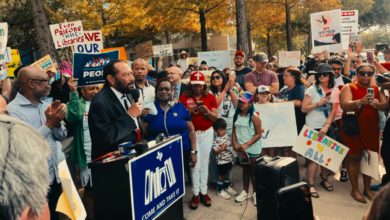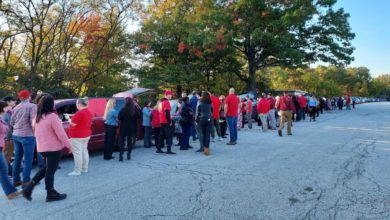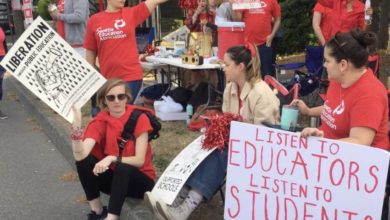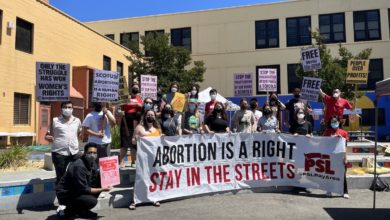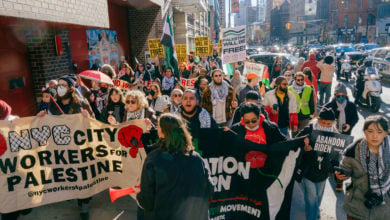Long Beach City College became the first community college in California to offer tier pricing this past Winter Session through new state legislation passed last October. This pilot program allows six community colleges to offer tier pricing during winter and summer semesters through 2018. LBCC was the only college brazen enough to launch the program.
This program has created a two-tier educational program—one tier offering the usual fee of $46 per unit and a new tier that charges $225 per unit for high-demand classes students need to graduate or transfer to a four-year university. Students who are willing to pay more than four times the normal fee are able to guarantee their seat in impacted courses. Under this new pilot program, students are being charged $675 for a three-unit class they have difficulty enrolling in due to the budget crisis that has affected our school system.
Students have not been able to get classes they need to graduate or transfer because of state budget cuts of $809 million annually. Since 2008, offered courses have dropped 25 percent, leading to waiting lists that have accumulated to half a million students. This budget crisis has led to the pricing out of poor people from colleges, and the new tier system will only make the wealth gap within colleges wider. This tier system is a new way for poor people to be pushed out of education by providing essential courses needed to graduate at prices they cannot afford. It provides a faster route to graduation for the wealthy, excluding poor people from this privilege, and leaving many to languish at the community college level for years on end.
This new two-tier system contradicts the mission statement of California’s Community Colleges. Colleges in California have had a historical role in providing educational opportunities for poor and working students. Community colleges were built to provide all people regardless of their income level with the same opportunity to transfer to four-year universities, vocational or technical employment, or receive an associate’s degree.
Finally, the Master Plan for Higher Education passed in 1960, banned tuition within community colleges, making it part of the public school system and providing free education for all. Thus, our demand for free education is not unrealistic. History has proved that our demand is relevant, even under capitalism.
The PSL believes that education is a right for all, which is why we must organize to fight back. Under a socialist system, education would be free through the university level for all people. As we fight to force California to adhere to the Master Plan for Higher Education, we also fight to win socialism and free education across the country.


